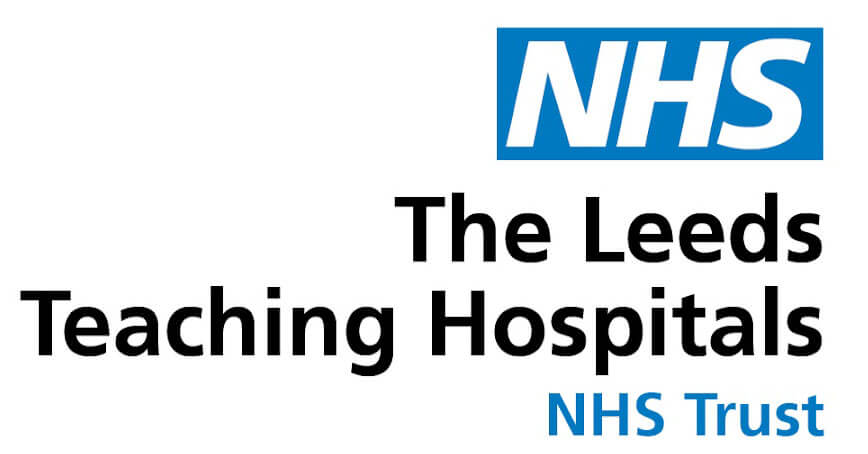2023 Research Award
AORTA-AI: Rapid Acute Aortic Syndrome Diagnosis using Artificial Intelligence

Project Overview
Acute Aortic Syndrome (AAS) is a severe and life-threatening condition affecting the aorta. Diagnosis is complex, often confused with conditions like heart attacks due to similar symptoms like chest or back pain. AAS is relatively rare, occurring in only 5-30 people per million, compared to heart attacks, which are up to 800 times more frequent.
Up to 40% of AAS cases experience diagnostic delays, especially among those with high blood pressure, connective tissue disorders, or a family history of vascular diseases.
Artificial Intelligence (AI) and Machine Learning (ML) present promising avenues for enhancing diagnostic accuracy in AAS. These technologies can process large sets of data to improve medical decisions and patient outcomes, making them valuable tools for tackling the diagnostic challenges presented by AAS.
Project Aim
This research aims to develop an AI/ML decision support system that enhances the diagnosis of AAS at the crucial point of hospital presentation. The project will integrate two diverse data sets, involving over 6,000 patients with potential AAS symptoms and those with confirmed AAS diagnoses, to create this decision support system. By using historical data and routinely collected information, the project seeks to provide healthcare professionals with actionable insights for early and appropriate management of AAS, mitigating the risk of death and other complications.
As a proof-of-concept study, this AI tool aims to bolster healthcare professionals’ confidence by revealing subtle diagnostic patterns that may be overlooked by human observation alone. If successful, the AI-based tool could be implemented in emergency departments as a standard screening mechanism for AAS. This would minimise clinical biases and variations in the initial medical assessment, replacing it with a robust AI review for personalised risk assessment and treatment plans. Ultimately, this will improve diagnostic accuracy, reduce instances of missed or incorrect diagnoses, and enhance patient care and outcomes.
Project Lead
Dr Jim Zhong
Department of Diagnostic and Interventional Radiology, Leeds Teaching Hospitals NHS Trust
Dr Jim Zhong is a Clinical Research Fellow in Interventional Radiology, holding a distinguished career that spans both clinical and academic settings. He has recently completed a Cancer Research UK Clinical Research Fellowship at the University of Leeds and the University of Manchester. His PhD project focused on optimising radiation therapies using magnetic resonance imaging and hypoxia biomarkers where he learnt to develop predictive AI tools using imaging, genomic and clinical datasets.
Jim is an alumnus of the Universities of Edinburgh and Leeds and has received multiple international awards, including prizes from the Cardiovascular and Interventional Society of Europe (CIRSE), Radiological Society of North America (RSNA) and the Society of Interventional Radiology.

Join the research panel
Would you like to be part of this and future research projects? As a survivor, relative or family member who has lost a loved one to AD, your experience and opinion are vital.

Privacy Policy | Accessibility
The Aortic Dissection Charitable Trust
Registered charity in England & Wales No. 1191420
Registered charity in Scotland No. SC051517
PO Box 812, Hope Valley, Chesterfield S40 9QY
The information and materials on this site are for general information purposes only. This site is not designed to provide individual medical advice, diagnosis or treatment. If you have any concerns, please speak to your GP. If you believe you have a medical emergency, call 999 immediately.

